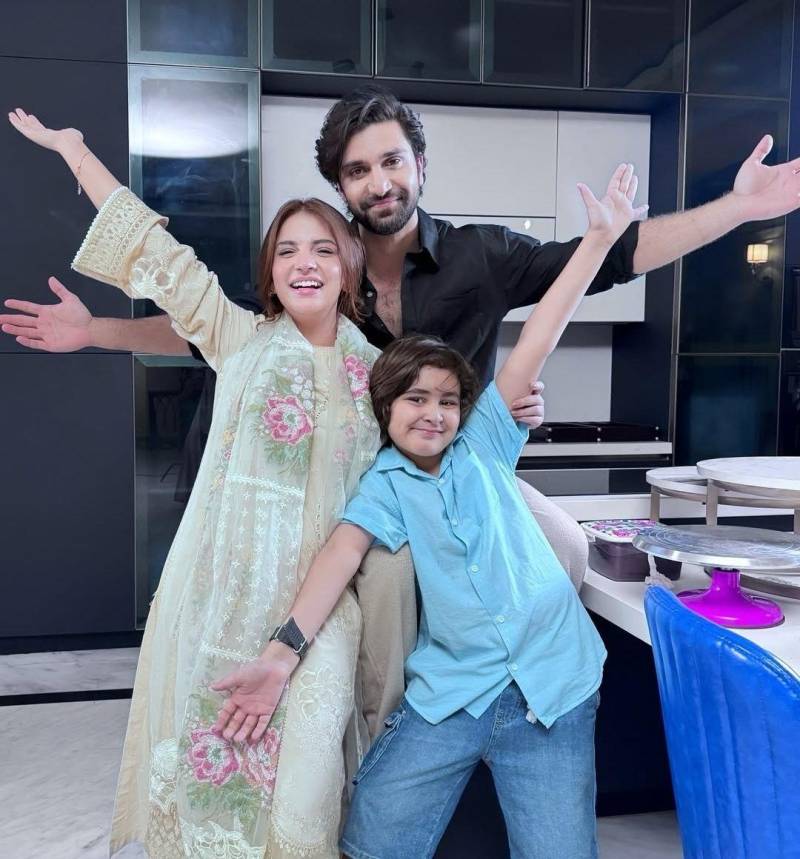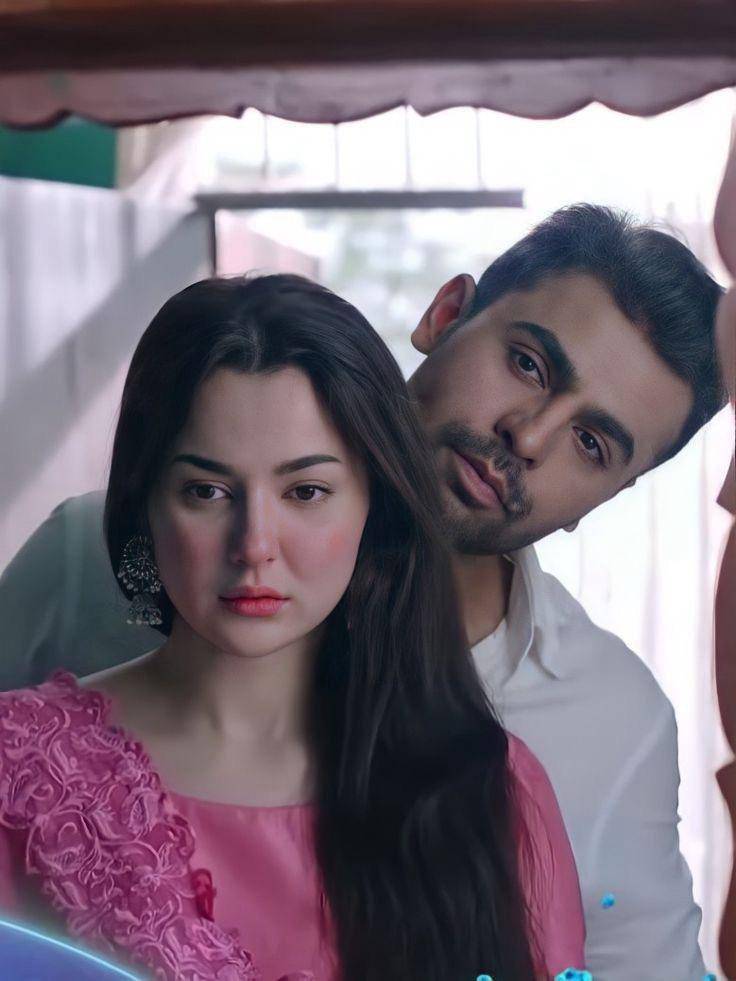Drama or Damage? How Our TV Scripts Reinforce Problematic Norms

Every evening, millions of Pakistanis tune in to watch dramas that are more than just stories—they’re cultural phenomena. They shape conversations, set standards, and, in many homes, subtly dictate right from wrong. But beneath the sweeping music, tear-streaked close-ups, and viral dialogue lies a troubling pattern: the consistent reinforcement of outdated, often harmful social norms.
From glorifying toxic relationships in the name of ishq, to painting ambitious women as villains and domestic abuse as a test of love, our television screens have become a mirror reflecting everything we should be questioning. Why are saas-bahu rivalries still the default plotline in 2025? Why are flawed male characters offered redemption arcs, while women are either martyrs or monsters?

It’s not that drama should avoid difficult topics—it’s how they’re framed. Mental health is often caricatured, consent is rarely acknowledged, and victim-blaming is still a frequent subplot. These scripts don’t just reflect society—they feed into it, subtly validating toxic behavior under the guise of entertainment.
Of course, there are exceptions—writers and producers trying to shift the narrative, pushing for nuance and representation. But for every progressive storyline, there are five more that drag us back into a black-and-white world where patriarchy prevails and complexity is a risk.

In a country where television remains a powerful medium, it’s time to ask the hard question: are our dramas telling stories, or selling stereotypes? And more importantly—who’s holding them accountable?
